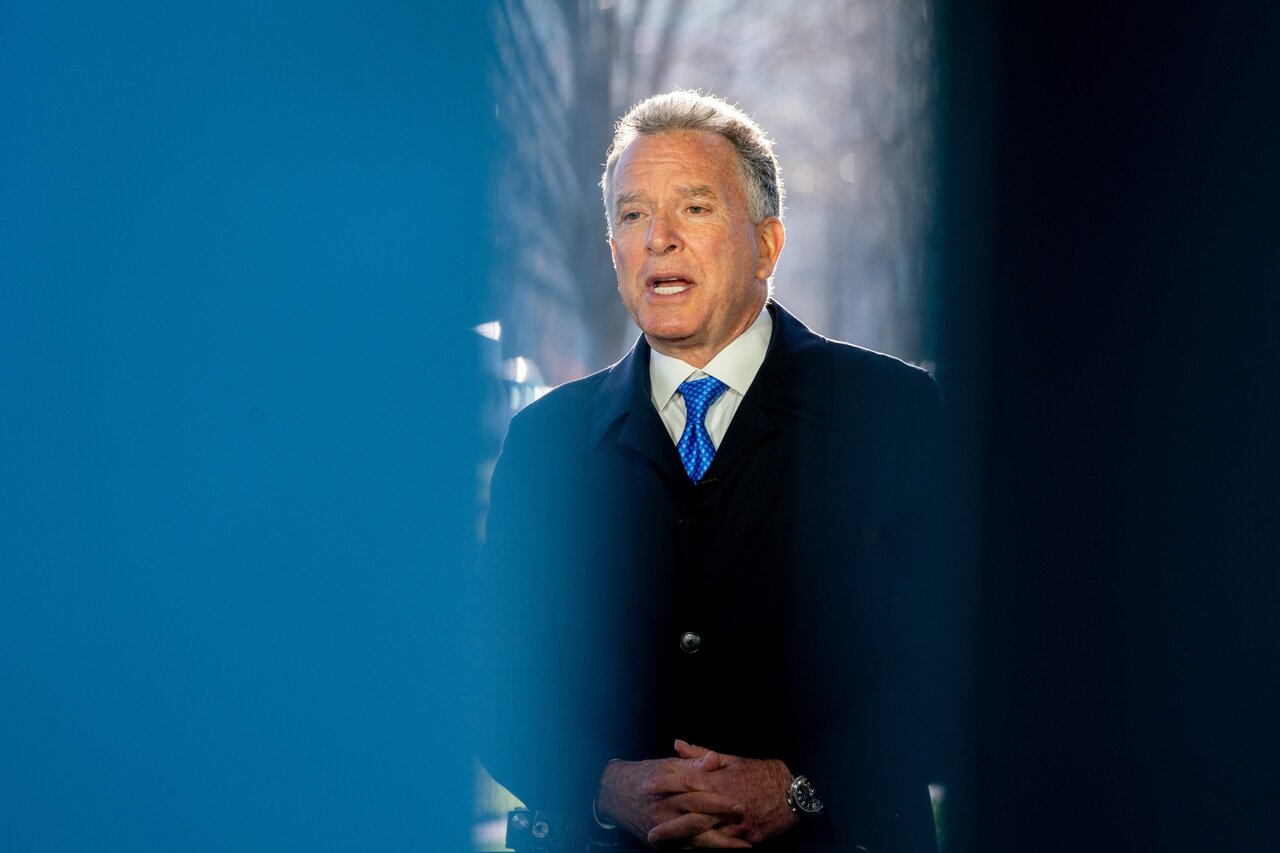How US blackmail scuttled Iran's generous offer on 60% enriched uranium

TEHRAN – A recurring lesson for Iranians has been that no matter their actions or offers, the West, particularly the United States, is loath to pursue a path of de-escalation. This was most recently exemplified during Iran’s efforts to block the "snapback"—a JCPOA mechanism that was supposed to reimpose anti-Iran UN sanctions this month but failed to fully materialize due to significant international opposition.
The snapback mechanism was officially invoked by the European signatories to the JCPOA (Britain, Germany, and France) in late August. On September 19th, the United Nations Security Council voted not to permanently lift pre-JCPOA UN sanctions against Iran. On September 27, the UNSC also rejected a resolution brought forth by Russia and China, the remaining signatories to the JCPOA alongside Iran (the U.S. having withdrawn in 2018), to delay the snapback of sanctions. A day later, the E3 declared that UN sanctions against Iran had officially been reimposed.
According to information obtained by the Tehran Times, Iran went to significant lengths to prevent the reimposition of UN sanctions. Officials in the country believed that every diplomatic tool should be utilized, as any further escalation of tensions would serve no one's interests.
The Cairo deal, and an unprecedented offer on enriched uranium
The Europeans had stated they invoked the snapback due to "concerns" that included: the suspension of Tehran’s cooperation with the International Atomic Energy Agency (IAEA) after the June war, and the whereabouts of Iran’s enriched uranium, specifically its 60% enriched stockpile, reportedly located at nuclear sites Israel and Washington illegally struck.
In November, Iran sent Foreign Minister Abbas Araghchi to Cairo to sign a new cooperation agreement with the IAEA. This deal, which has since become null, drew significant criticism within Iran. The public's long-standing belief that the UN nuclear watchdog serves as a tool of the West, rather than a technical and neutral body, was significantly exacerbated during the 12-day U.S.-Israeli aggression against Iran, when the agency refused to condemn the illegal attacks on Iranian nuclear, civilian, and military infrastructure.
Between late August and late September, Iran also expressed its readiness to address Western concerns about its enriched uranium stockpile, according to information obtained by the Tehran Times. Tehran initially planned to send its 60% enriched uranium to Russia. However, it later informed Europeans and the United States that it was willing to transfer the uranium directly to the West if the snapback mechanism was scrapped. Both Europe and Washington welcomed this offer.
The U.S. later requested a trilateral summit in New York to publicly announce the breakthrough, involving a representative from Iran, IAEA Chief Rafael Grossi, and U.S. Presidential Envoy Steve Witkoff. This meeting was planned to coincide with the Iranian delegation's visit for the annual UN General Assembly. Tehran agreed, and the summit was subsequently expanded to include the E3.
Things go south, yet again
Just as Iranians were preparing to depart for New York, Witkoff notified Araghchi that Washington had unilaterally changed the terms of the agreement. The new condition was that the United States would only ask the Europeans to extend the snapback if Iran surrendered its uranium. Araghchi rejected this outright, stating that Iran would never allow another party to "dictate" an agreement and that the country would rather call off the scheduled summit entirely. Despite European efforts at persuasion, the Trump administration did not budge.
Although the pre-JCPOA UN sanctions have officially been reimposed, their implementation has not occurred. Russia and China, deeming these sanctions illegal, have declared they will not comply. Furthermore, at a recent summit in Uganda, at least 120 other countries assured Iran they would also refrain from implementing the sanctions. The saga did, however, cause Iran's Rial to fall to a new low, although the decline has significantly subsided in the past two weeks.
Iran continues to retain its 60% enriched uranium, and cooperation with the IAEA remains suspended. It is unclear if another round of talks could take place in the near future. The Leader of the Islamic Revolution, Ayatollah Seyyed Ali Khamenei, stated this week that his country's nuclear industry "has nothing to do with America,” a remark suggesting the West may have squandered all its opportunities at diplomacy.
Leave a Comment